I don't think you can accomplish your task without defining a callback, but the code to get the work done is very short and simple. A possible solution could be the following:
import dash
import dash_core_components as dcc
import dash_html_components as html
from dash.dependencies import Input, Output
app = dash.Dash()
app.layout = html.Div([
html.H1("Simple input example"),
dcc.Input(
id='input-x',
placeholder='Insert x value',
type='number',
value='',
),
dcc.Input(
id='input-y',
placeholder='Insert y value',
type='number',
value='',
),
html.Br(),
html.Br(),
html.Div(id='result')
])
@app.callback(
Output('result', 'children'),
[Input('input-x', 'value'),
Input('input-y', 'value')]
)
def update_result(x, y):
return "The sum is: {}".format(x + y)
if __name__ == '__main__':
app.run_server(host='0.0.0.0', debug=True, port=50800)
This is what you get:

The value of the sum is updated every time one of the two input boxes changes its values.
